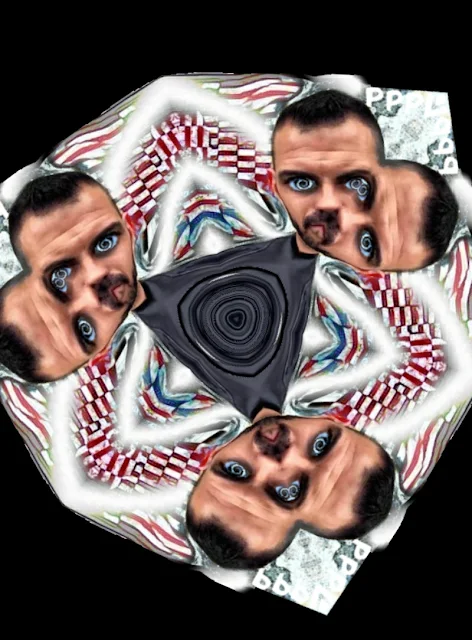Locus of Self
Writ by Jesse Lee
https://docs.google.com/document/d/1W-pzRIpVJGxC5xcVNCPoZs7Z5w5MDv087bLQNc9A0QY/edit?usp=drivesdk
Self refers to the individual's conscious and subjective experience of their own:
Existence is the state or fact of being alive or present in the physical world.
In epistemology, existence is often discussed in terms of how we know that something exists. This raises questions about:
Cognition refers to the mental processes involved in acquiring, processing, storing, retrieving and using information:
Acquiring, processing, storing, and using information are all essential cognitive functions performed by the human brain. These functions are critical for:
Acquiring information refers to the process of gathering new information from the environment through our senses. The brain receives input from sensory organs such as the:
This information is then processed by the brain and converted into meaningful perceptions that we can understand.
Categorizing, comparing, analyzing, and synthesizing information are all essential cognitive processes that are used to understand and make sense of complex information.
Categorizing involves grouping items or concepts together based on their similarities or shared characteristics. This process helps to simplify information and make it more manageable by breaking it down into smaller, more organized parts.
For example, a biologist might categorize different species of animals based on their physical characteristics, such as the presence or absence of fur or feathers.
Comparing involves identifying similarities and differences between two or more items or concepts. This process helps to highlight important relationships and can provide insights into how things are related or connected.
For example, a historian might compare different political systems to better understand how they function and evolve over time.
Analyzing involves breaking down complex information into its component parts in order to understand how they work together.
This process often involves examining data or evidence in detail to identify patterns or trends. For example, a data analyst might analyze sales data to identify which products are most popular with customers.
Synthesizing involves combining multiple sources of information in order to create a new understanding or perspective.
This process requires critical thinking skills and the ability to identify key insights from different sources. For example, a journalist might synthesize information from interviews, research papers, and news articles to write an in-depth report on a particular topic.

The brain uses various cognitive processes such as:
Attention is a cognitive process that allows individuals to selectively concentrate on specific stimuli while ignoring others. It involves the ability to focus on relevant information while filtering out distractions. Attention can be divided into two types:
Perception is the process of interpreting and organizing sensory information from the environment. It involves the brain's ability to:
sensory stimuli such as sight, sound, touch, taste, and smell. Perception is influenced by:
Memory is the ability to:
Language is a system of communication that involves a set of rules for generating and interpreting symbols such as:
It allows individuals to convey meaning through verbal and nonverbal communication. Language is closely linked to attention, perception, and memory.
it requires individuals to pay attention to stimuli in their environment, perceive the meaning behind those stimuli, and store that information in their memory for future use.
Reasoning is the process of using logic and critical thinking to make sense of information or solve problems.
It involves the ability to
analyze information
draw conclusions
and make decisions based on evidence.
 g
g
Reasoning is closely linked to attention, perception, memory, and language as it requires individuals to pay attention to relevant information in their environment, perceive the meaning behind that information, store it in their memory for future use, and use language to communicate their reasoning with others.
In summary,
to process information.
storing
Storing information refers to the process of retaining acquired and processed information in the brain for later use.
The brain has different types of memory systems that work together to store different types of information.




















